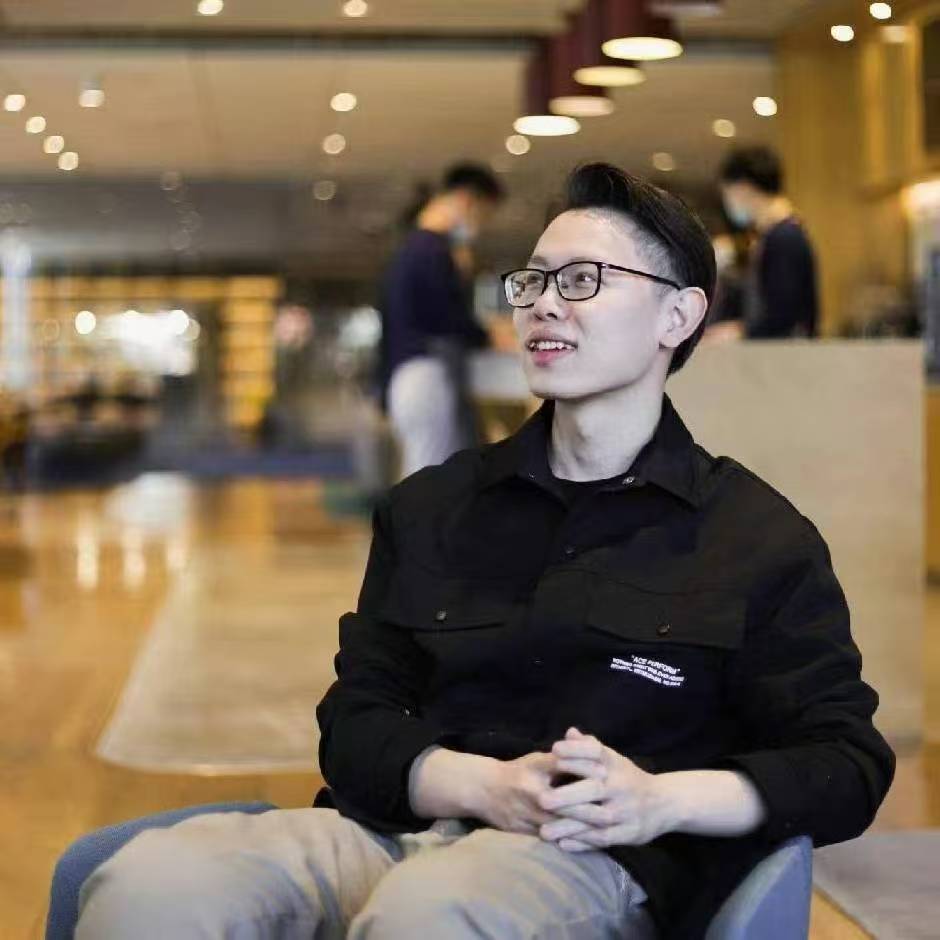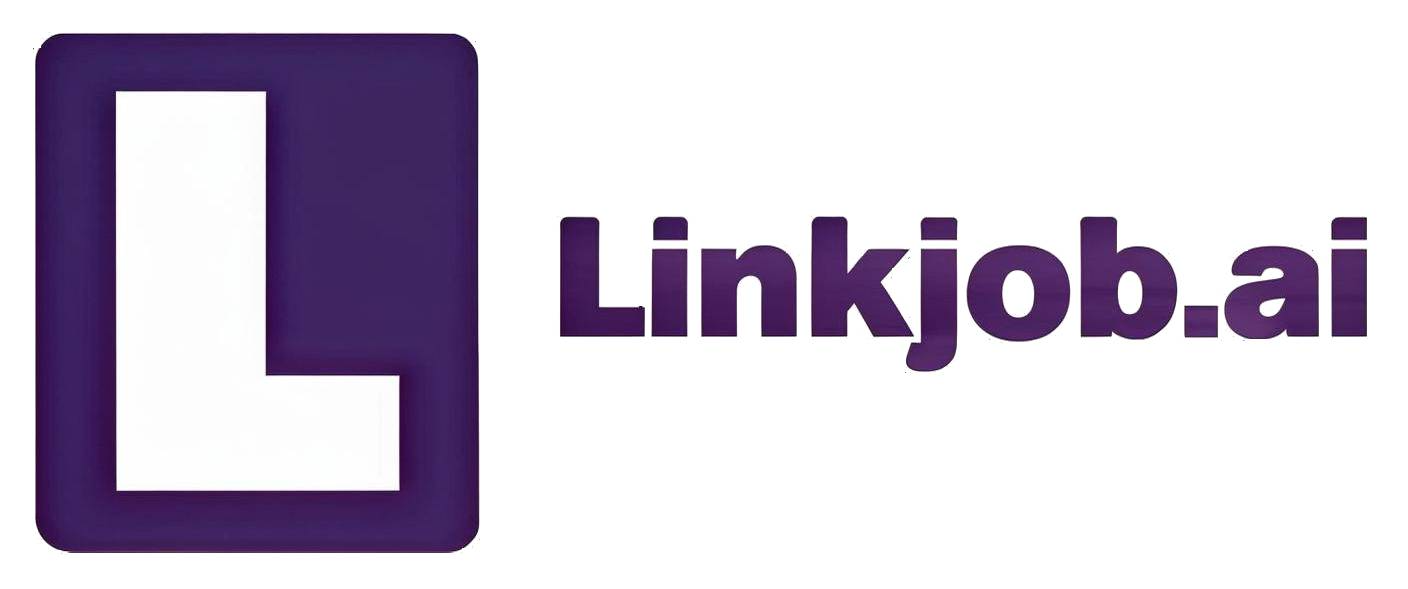How to Use AI Interview Practice for Fast Job Wins
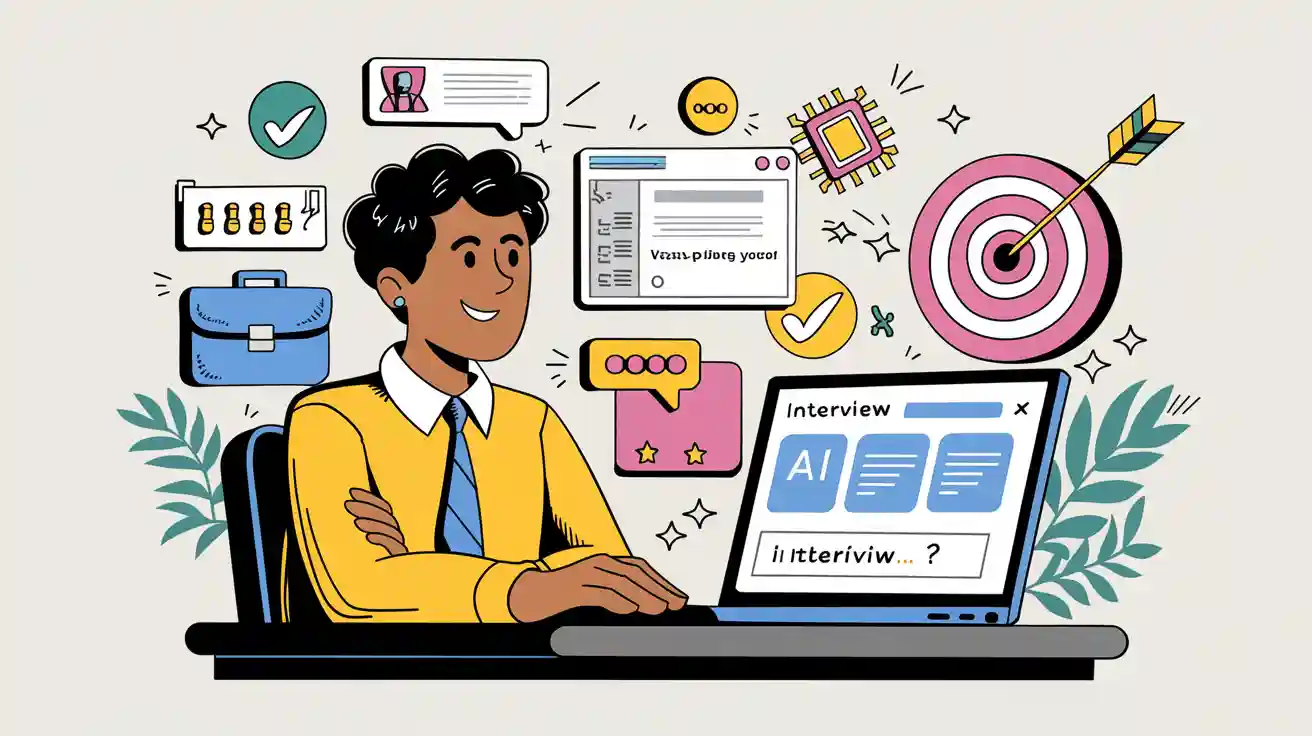
I know how stressful interviews can feel. Sometimes, I freeze up or struggle to explain my answers. I used to wish someone could give me instant feedback or help me tackle those surprise questions. That’s why I turned to ai interview practice. These new tools let me practice in a safe space and show me exactly where I can improve. Now, I feel much more confident walking into any interview.
For live interview, I have to say, Linkjob.ai is really incredibly useful. During the interview process, it's completely invisible—even if the interviewer requires screen sharing, the other party can't see at all that I'm using AI.
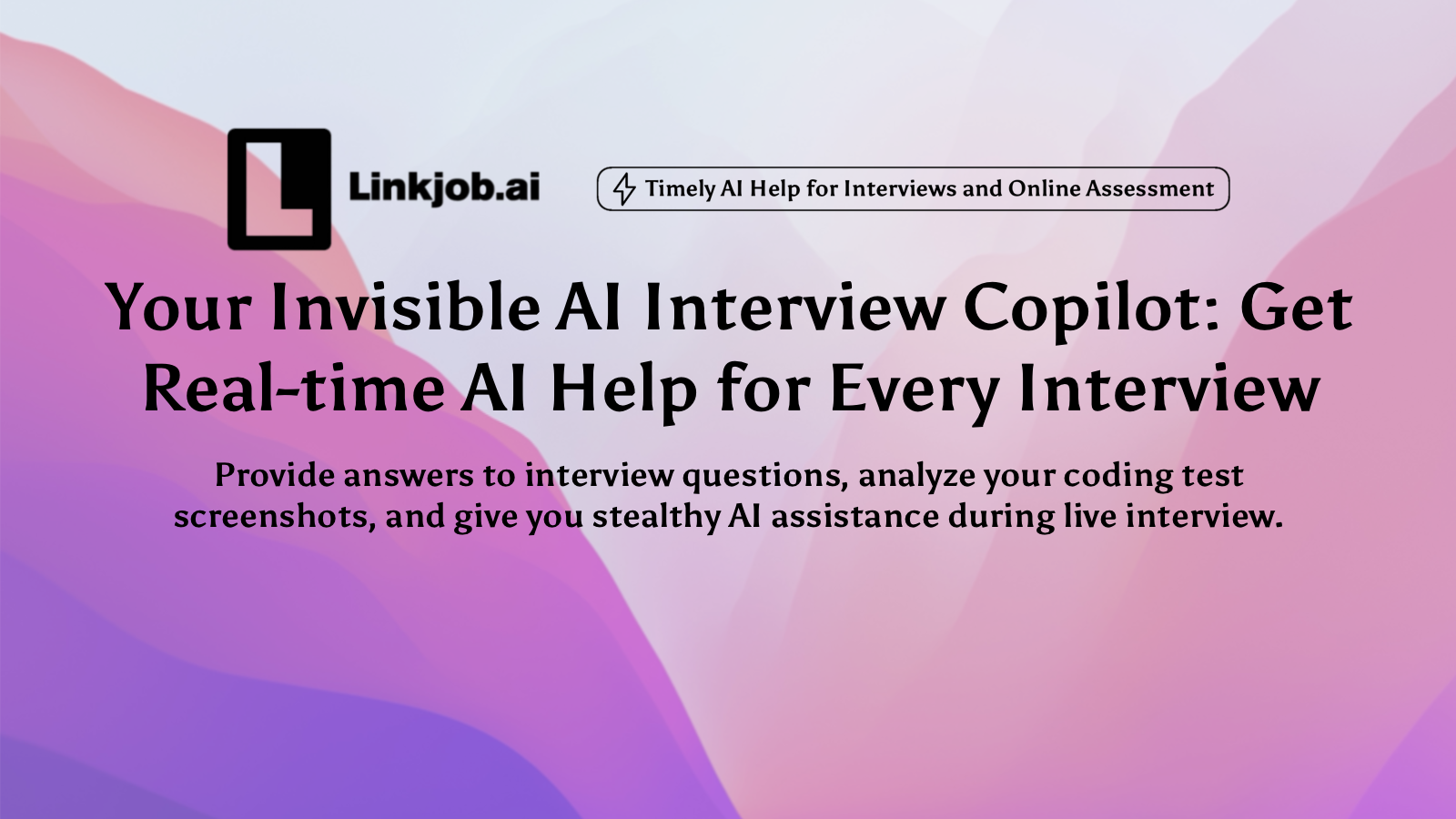
AI Interview Practice Essentials
What Is AI Interview Practice
When I first heard about ai interview practice, I thought it was just another online quiz. I quickly learned it’s much more than that. Ai interview practice uses smart technology to create mock interviews that feel real. I get asked job-specific questions, just like in a real interview. The system listens to my answers and gives me instant feedback. Sometimes, it even points out things I miss or ways I can improve my response.
I can choose different roles, like software engineer or financial analyst, and the questions change to match the job. This makes every session feel fresh and targeted. I don’t just answer random questions—I practice for the exact job I want.
Key Features and Benefits
I used to get nervous before interviews. I worried about not knowing what to say or missing important points. Ai interview practice changed that for me. Here’s what I noticed:
Mock Interviews: I can practice as much as I want, which helps me feel less anxious.
Instant Feedback: I see right away where I did well and where I need to improve.
Realistic Simulations: The questions sound just like what real interviewers ask. This helps me get used to the pressure.
Job-Specific Questions: I don’t waste time on questions that don’t matter for my field.
Performance Analytics: I track my progress over time and see how I improve.
I also found that tools like Linkjob make ai interview practice even better. Linkjob acts like a real interviewer. It asks me tough questions, listens to my answers, and gives instant suggestions on how to make my responses stronger. This kind of support helps me handle unexpected questions and keeps me calm under pressure.
AI Feature | Description | Validation / Research Finding |
|---|---|---|
Mock Interviews | Practice with realistic questions | feel more prepared and less anxious |
Instant Feedback | Immediate insights on answers | Real-time feedback boosts confidence and skill |
Job-Specific Questions | Tailored to industry and role | AI creates personalized experiences |
Performance Analytics | Track progress and improvement | Analytics help users see growth over time |
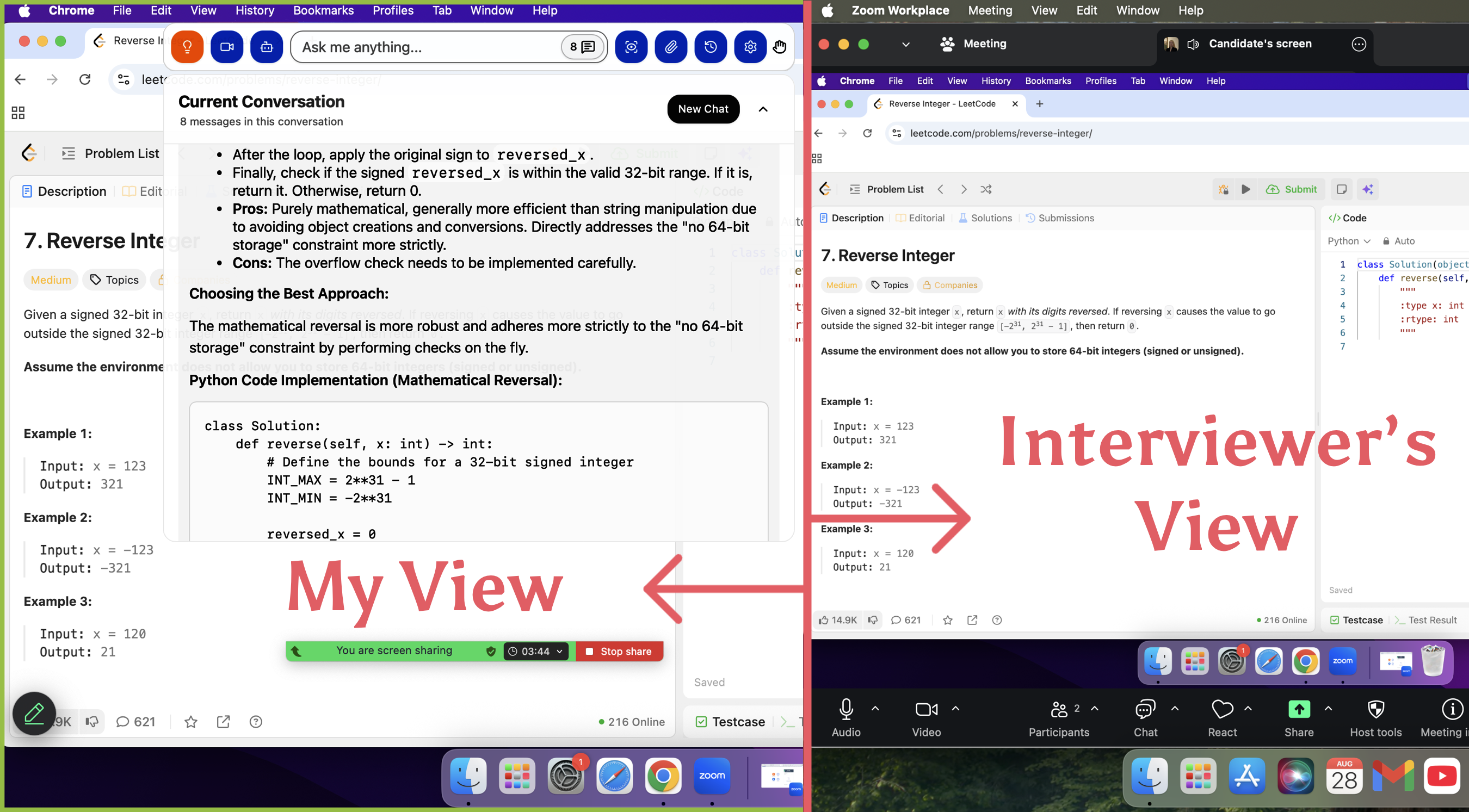
Mastering Mock Interviews
Choosing the Right Tool
When I started looking for the best way to prepare, I realized not all tools fit every job. I wanted something that worked for tech and finance interviews. I checked if the tool covered topics like coding, system design, financial modeling, and market analysis. Many people in tech and finance landed jobs at big companies like Google and JP Morgan after using tools that focused on these areas. I also made sure the tool used a large, up-to-date question bank and offered structured interviews. This helped me practice both situational and behavioral questions, which studies show are the most reliable for predicting job performance.
Linkjob stood out for me. It simulates real interviewers and gives me instant, actionable feedback. I can choose the exact role I want, and Linkjob adapts the questions to match. This makes my ai interview practice feel just like the real thing.
Setting Up Effective Practice
I set up my practice sessions to feel like real interviews. I pick a quiet spot, dress like I would for the actual interview, and use a timer. I focus on reducing pauses and filler words. I also pay attention to my eye contact, even if I’m practicing online. These small details help me build confidence.
I set a 30-day baseline to see how much I improve. I check my progress every week. This routine makes my ai interview practice more focused and effective.
Reviewing Feedback
After each session, I review the feedback right away. I don’t just look at what I did wrong. I focus on what I can do better next time. When I think about future actions, I feel more motivated to improve. Even if the feedback is tough, I use it to plan my next steps. This keeps me moving forward and helps me get better with every practice.
Excelling in Real-Time Interviews
Staying Composed Under Pressure
Live interviews always make my heart race. I know the stakes are high, especially in tech and finance. I used to worry about freezing up or losing my train of thought. Now, I focus on my breathing and remind myself that I have prepared well. I keep my answers short and clear. If I get stuck, I pause for a second, take a breath, and start again. Practicing this way helps me stay calm, even when the questions get tough.
Handling Unexpected Questions
Sometimes, interviewers throw curveballs. I remember one time I got a system design question I had never seen before. My mind went blank for a moment. I learned to break down the question into smaller parts. I ask myself, “What does the interviewer really want to know?” I jot down quick notes if I can. This helps me organize my thoughts and give a structured answer. I also practice with tools that give me follow-up questions, so I get used to thinking on my feet.
Leveraging Real-Time AI Support
But here’s where things really changed for me. Linkjob’s Real-Time AI Interview Assistant listens during my actual interview. When the interviewer asks a question, Linkjob detects it right away and gives me a smart, context-aware answer suggestion. This support helps me understand complex questions, structure my answers, and avoid blanking out. I feel like I have a coach in my corner.
Some benefits I noticed from real-time AI support:
I get instant coaching and suggestions to refine my answers.
Live transcription and feedback help me improve my answer structure.
Follow-up questions keep my responses relevant and organized.
I track my progress and see real improvement over time.
Linkjob is built for tech and finance interviews. It understands algorithms, coding, system design, financial modeling, and case studies. With this real-time support, I walk into every interview ready to win.
Pro Tips and Pitfalls
Maximizing Your Practice
I want to get the most out of every practice session. Over time, I found a few strategies that really work for me:
Practice Regularly: I set a schedule and stick to it. Short, daily sessions help me build confidence and keep my skills sharp.
Simulate Real Conditions: I treat each mock interview like the real thing. I dress up, use a timer, and find a quiet space. This helps me get comfortable with the pressure.
Target Specific Roles: I always choose questions that match the job I want. This way, I focus on the skills that matter most.
Seek Continuous Feedback: After each session, I review my feedback right away. I look for patterns and set small goals for next time.
Understand How AI Evaluates: I pay attention to keywords, clear communication, and structured answers. Using the STAR method (Situation, Task, Action, Result) helps me organize my thoughts.
Watch Non-Verbal Cues: I practice good posture and eye contact, even during video interviews. AI tools sometimes pick up on these details.
Mistakes to Avoid
I made a few mistakes early on. Here’s what I learned to watch out for:
Over-Reliance on Generic Answers: I used to give the same answers every time. Now, I tailor my responses to each question and company.
Neglecting Real-Time Practice: I skipped live practice at first. Practicing in real time helps me handle pressure and unexpected questions.
Ignoring Feedback: Sometimes, I ignored tough feedback. Now, I use it to improve and set new goals.
Focusing Only on Technical Skills: I once forgot to show my teamwork and communication skills. I make sure to highlight these in my answers.
Rushing Through Practice: I used to rush for quick results. Now, I slow down and focus on depth, not just speed.
Blindly Trusting AI Outputs: I always review AI suggestions and add my own insights. This keeps my answers relevant and personal.
Mistake | How I Overcome It |
|---|---|
Generic answers | Personalize for each role |
Skipping real-time practice | Simulate live interviews |
Ignoring feedback | Review and set improvement goals |
Only technical focus | Show soft skills and teamwork |
Rushing practice | Slow down and deepen my responses |
Blind trust in AI | Add my own expertise |
Tip: I treat ai interview practice as a tool, not a shortcut. My effort and reflection make all the difference.
I’ve learned that real success comes from mixing solid prep with smart tools. When I use ai interview practice and Linkjob’s Real-Time AI Interview Assistant, I feel ready for anything. I get instant help, even when the questions get tough. If you want to land your dream job in tech or finance, start practicing now. Take control and let real-time support guide you to your next big win!
FAQ
How often should I use AI interview practice tools?
I practice every day for at least 20 minutes. Short, regular sessions help me remember what I learn. I see the most improvement when I stick to a routine.
Can AI interview tools help with nerves before interviews?
Yes! Practicing with AI makes me feel more prepared. I get used to tough questions and real interview pressure. My nerves go down each time I practice.
What if I get a question I have never seen before?
I break the question into smaller parts. I use Linkjob’s real-time suggestions to guide my answer. This helps me stay calm and think clearly, even when I feel stuck.
Is AI interview practice useful for non-technical roles?
Absolutely! I use AI tools for both technical and non-technical jobs. The questions change based on the role I pick. I get feedback on communication, teamwork, and problem-solving skills.
How do I know if I am improving?
I track my scores and review feedback after each session. I look for fewer mistakes and better answers over time. Seeing my progress keeps me motivated.
